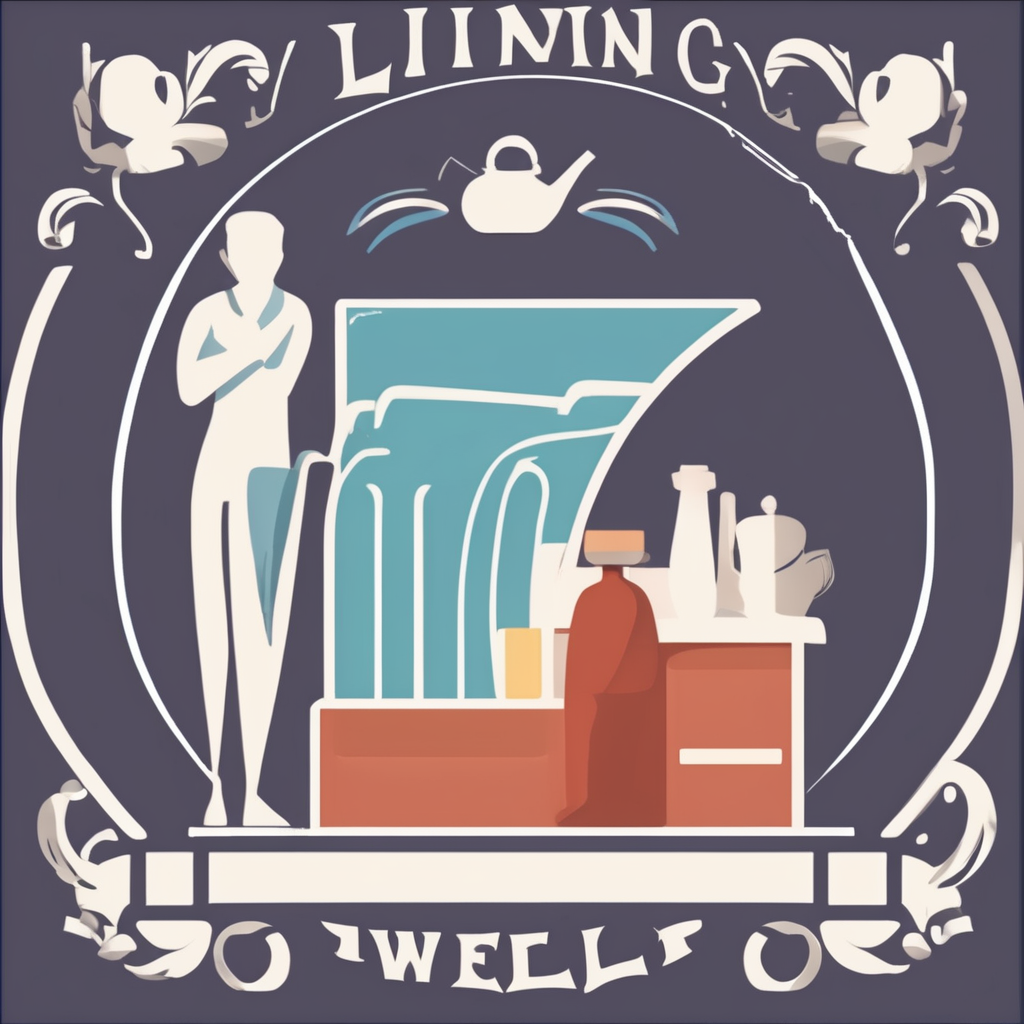Understanding Anti-Aging and Eye Health
As individuals age, eye conditions like macular degeneration, cataracts, and glaucoma become increasingly prevalent. These issues can significantly impair daily activities, making vision health a critical concern in aging eye care. Maintaining eye health involves not just regular check-ups but also a focus on dietary antioxidants.
Dietary antioxidants are compounds found in foods that help to neutralize free radicals, which can cause cellular damage. This includes essential vitamins and minerals such as Vitamins C, E, and Zinc, which are vital for supporting overall health. Beyond general wellness, these nutrients play a substantial role in aging eye care by helping to prevent or slow the progression of age-related eye conditions.
In parallel : Unwinding in the Wild: The Impact of Nature on Stress Relief for City Dwellers
For seniors, maintaining eye health is crucial for preserving independence and quality of life. A diet rich in dietary antioxidants—including leafy greens, fruits, nuts, and seeds—can support the eyes by reducing oxidative stress and inflammation. Moreover, the incorporation of these nutrients can bolster eye strength and improve long-term vision health.
Ultimately, understanding the connection between dietary antioxidants and vision health is essential for informing decisions regarding aging eye care. Engaging with these dietary strategies can lead to practical and impactful results in preserving sight as one ages.
In parallel : Empowering Adolescents: Enhancing Asthma Management Through Mobile Health Apps
Key Dietary Antioxidants for Eye Health
Understanding the specific antioxidants essential for eye health is crucial, especially in tailoring nutrition for seniors. Antioxidants such as lutein, zeaxanthin, Vitamin C, and Vitamin E play distinct roles in maintaining healthy eyes.
Lutein and Zeaxanthin
Lutein and zeaxanthin are concentrated in the macula, the area of the retina responsible for sharp vision. They filter harmful high-energy blue wavelengths of light and help protect and maintain healthy cells in the eyes. To boost these nutrients, consider incorporating leafy greens like kale and spinach into your diet, along with eggs and corn. Studies have consistently shown that these nutrients for eyes significantly reduce the risk of chronic eye diseases, including age-related macular degeneration (AMD).
Vitamin C
Vitamin C, a powerful antioxidant, helps maintain connective tissue integrity in the eyes and supports vascular health. Citrus fruits, strawberries, and bell peppers are rich in Vitamin C and readily available. Several studies have highlighted Vitamin C’s role in reducing the risk of cataracts and improving retinal health.
Vitamin E
Vitamin E focuses on protecting eye cells from damage by free radicals. This antioxidant is abundant in nuts, seeds, and vegetable oils. Research suggests that adequate Vitamin E intake is linked to a lower risk of AMD and cataracts, emphasising its importance in nutrition for seniors.
Biological Mechanisms Linking Antioxidants to Eye Health
Understanding oxidative stress is crucial in comprehending its impact on eye health, especially as we age. Oxidative stress refers to an imbalance between free radicals and antioxidants in the body, leading to potential cell and tissue damage. This process significantly impacts the eyes, contributing to age-related eye diseases such as cataracts and age-related macular degeneration. The eye disease mechanisms induced by oxidative stress are primarily due to the damage to cellular components, including DNA, proteins, and lipids.
Antioxidants play a vital role in mitigating this oxidative damage. They neutralise free radicals, thus reducing the harmful effects of oxidative stress. In the eyes, antioxidants preserve the integrity of cells and tissues by limiting damage and supporting repair. For instance, vitamins C and E, lutein, and zeaxanthin are particularly known to protect retinas from light-induced oxidative damage.
The biological mechanisms affected by antioxidants involve several pathways within the cells. Antioxidants enhance the activity of enzymes that repair oxidative damage, maintain cellular antioxidant defences, and regulate the expression of genes involved in protecting against oxidative stress. This amelioration of cellular damage pathways ultimately contributes to healthier eye ageing and offers a promising approach to preventing degenerative eye diseases.
Practical Dietary Recommendations
Creating a robust nutrition plan is key to enhancing eye health among seniors. A balanced approach, incorporating a variety of essential food groups, ensures optimal intake of nutrients. Emphasising antioxidant-rich foods like leafy greens, citrus fruits, and nuts is crucial. These provide vitamins and minerals that support eye health and combat oxidative stress.
Meal Planning Tips
Crafting a meal plan with eye health in mind doesn’t need to be complicated. Begin by integrating foods rich in Vitamin C and E, zinc, and omega-3 fatty acids. Include dishes like spinach frittatas, salmon fillets, and citrus salads. This variety not only satisfies taste buds but also supports ocular well-being.
Importance of Variety and Balance
The significance of balance and variety in a senior’s diet cannot be overstated. Diverse meals provide a wide array of nutrients, reducing the risk of deficiencies. Swap regular potatoes for sweet potatoes to boost vitamin intake or alternate between different fruits to ensure varied antioxidant consumption. Such strategic substitutions can significantly enhance the nutrition plan.
Practical Cooking Methods
Employing practical cooking methods can maximise nutrient absorption. Steaming vegetables preserves their vitamin content better than boiling. Sautéing in olive oil not only adds flavour but also aids in the absorption of fat-soluble vitamins. These simple techniques ensure that dietary guidelines are met effectively and deliciously.
Potential Supplements and Their Efficacy
Understanding the role of dietary supplements in maintaining and enhancing eye health is crucial. Vision supplements are becoming increasingly popular, with numerous products claiming to support vision. However, knowing which ones truly benefit your eyes is essential.
Overview of Common Eye Health Supplements
Dietary supplements for eye health often include nutrients like Omega-3 fatty acids, lutein, and zeaxanthin. These nutrients are believed to support retinal health, reduce inflammation, and protect against macular degeneration. Multivitamins, Vitamin C, E, and zinc are also commonly found in vision supplements, each targeting specific eye functions or conditions.
Efficacy of Supplementation
The effectiveness of such supplements varies. Current ophthalmology research suggests that while some supplements show promise in particular conditions, evidence is still mixed. Research supports lutein and zeaxanthin’s role in reducing the risk of chronic eye diseases, although their overall effectiveness is still under investigation. Omega-3s have shown benefits in reducing dry eye symptoms and managing inflammation.
Considerations Before Choosing Supplements
Before selecting any dietary supplements, it’s important to consult healthcare professionals. Ophthalmology research underlines that supplements may interact with medications or medical conditions and aren’t substitutes for a balanced diet. Be wary of exaggerated claims, and always prioritize professional advice to mitigate potential risks associated with improper supplement use.











